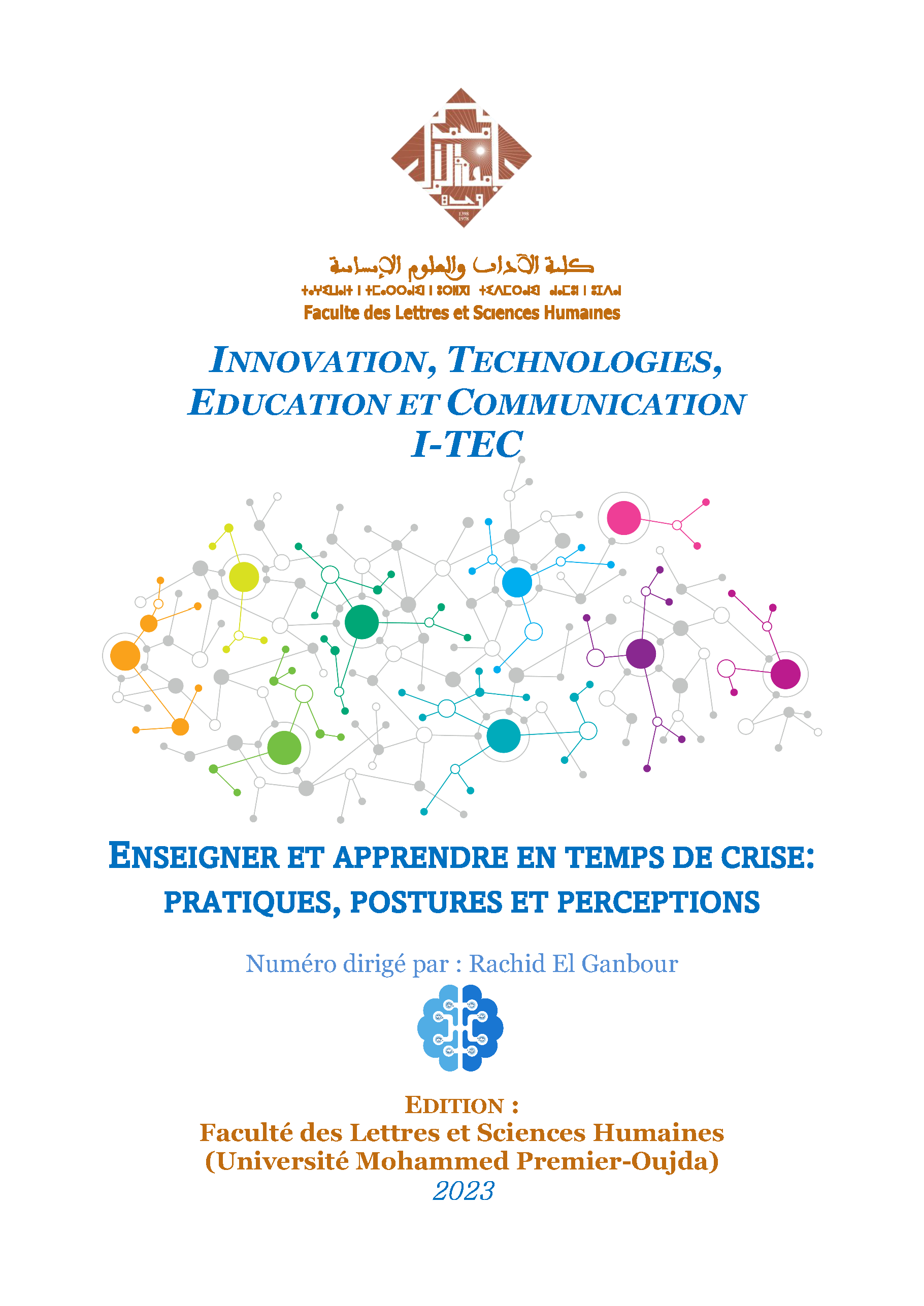Pedagogical Engineering of Flipped Classrooms in Moroccan Higher Education: Analysis of Student Perceptions in a Language Course at the Faculty of Letters and Human Sciences of Oujda
DOI:
https://doi.org/10.60590/PRSM.itec-iss4.82Keywords:
flipped classroom, higher education, pedagogical engineering, hybrid learning, active learning, educational technologyAbstract
This study examines student perceptions of flipped classroom implementation in a language course at the Faculty of Letters and Human Sciences of Oujda, Morocco, focusing on the pedagogical engineering aspects within a hybrid learning system. The research employed a mixed-methods approach, utilizing a comprehensive questionnaire based on five theoretical dimensions: presence/distance articulation, mediatization, mediation, accompaniment, and openness. Data were collected from 67 students across three distinct hybrid training programs, representing a 65% response rate.
Results demonstrate strong positive perceptions of flipped classroom methodology, with 89.5% of participants reporting enhanced active learning across both face-to-face and distance learning modalities. The study reveals distinct patterns in competency development, with face-to-face sessions primarily enhancing relational and communicative skills, while distance components strengthened organizational and self-directed learning capabilities. Analysis of support mechanisms showed high satisfaction with metacognitive guidance (86.5%) and peer support systems (74.6% - 88%), though areas for improvement were identified in methodological support and resource provision.
The findings validate the research hypotheses regarding effective learner participation and the importance of learning support mechanisms, while highlighting specific areas requiring enhancement. Particularly significant is the strong preference (85%) for flipped classroom methodology over traditional approaches, with students emphasizing benefits in active learning, autonomy development, and constructive learning experiences. These results have important implications for flipped classroom implementation in Moroccan higher education and similar developing contexts, suggesting the need for systematic integration of support mechanisms and careful attention to technological infrastructure development.
Downloads
Published
How to Cite
Issue
Section
License
Copyright (c) 2022 Innovation, Technology, Education and Communication

This work is licensed under a Creative Commons Attribution-NonCommercial 4.0 International License.



